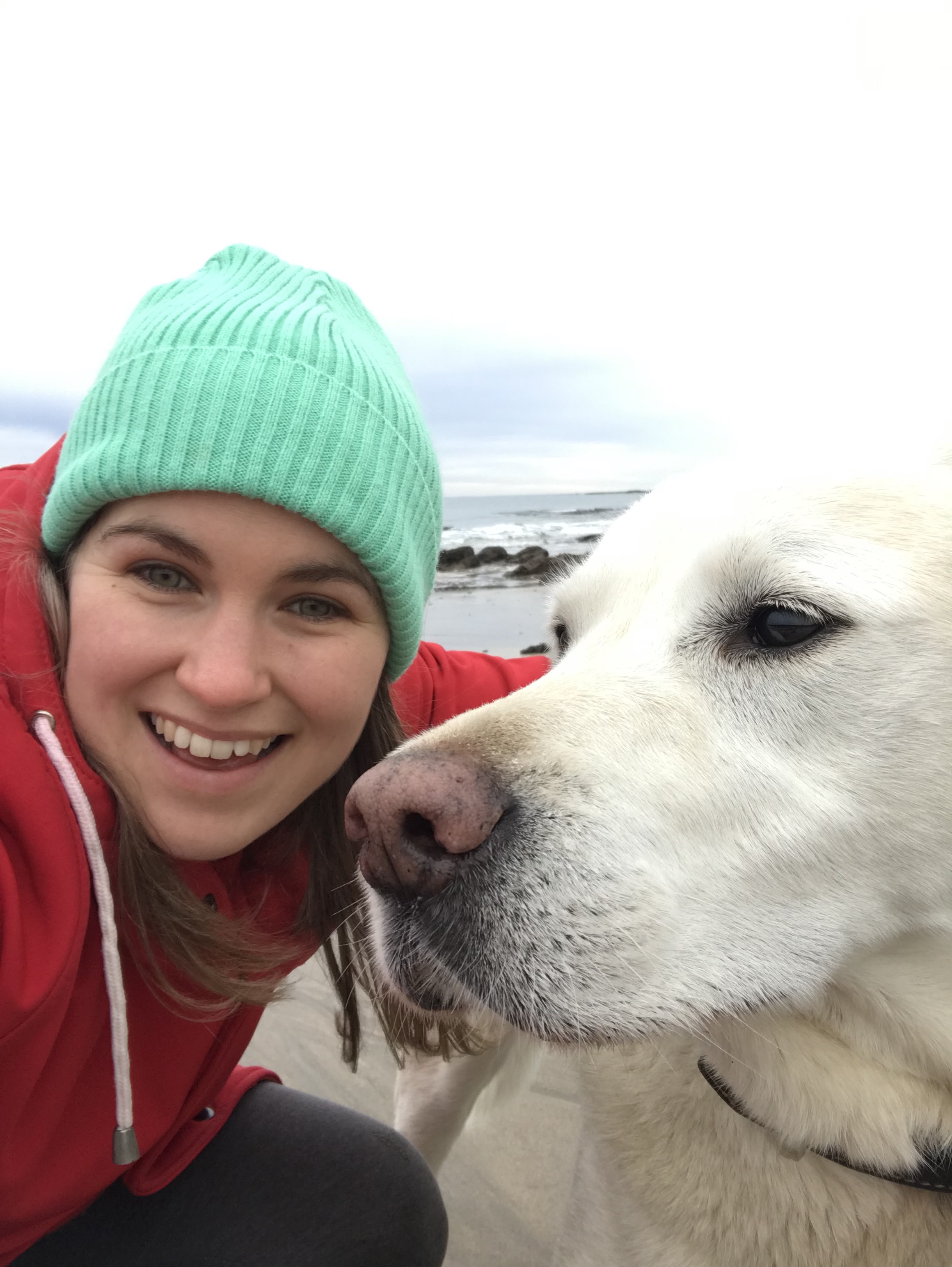Louise Archer
I am an ecologist interested in the eco-evo-physio interface and responses to anthropogenic change
My research is centered around the role that energy and metabolic processes play in mediating how individuals, populations, and communities respond to dramatically changing environments. I use a combination of fieldwork, laboratory studies, and quantitative methods to understand how natural systems respond to global change, ultimately aiming to improve our ability to conserve and manage at-risk species. I'm also interested in understanding how and why intraspecific variation arises and persists, and determining the consequences of such phenotypic variation for individuals.
I am currently a Postdoctoral Fellow at the University of Toronto Scarborough. I enjoy dipping into general natural history, baking, good coffee, and spending a lot of time outdoors with my dog Luka --->.
Background
Growing up by the Atlantic ocean instilled a love of the natural world in me. I cut my teeth as an ecologist by earning a BSc (Hons) in Zoology at University College Cork, where my honours research project focused on spatially assessing conflict between local oyster fishery activities and the supporting marine ecosystem.
The challenge of collecting and analysing spatial data for my undergraduate project piqued my interests in computational biology, leading me next to Imperial College London and an MSc in Computational Methods in Ecology and Evolution. My research project explored the effects of environmental warming and thermal acclimation on predator-prey interactions. An unforgettable year spent at Silwood Park and a stint of fieldwork in Iceland cemented my interest in ecology as a career path.
In 2015, I returned to University College Cork for a PhD in the lab group of Tom Reed, where I explored the ecological and evolutionary drivers of metabolic traits and life-history tactics in brown trout, as part of a large ERC-funded research project on alternative life histories in fish.
After being awarded my PhD in 2020, I moved to Canada in spring 2021 to take up a postdoc position in the Laboratory of Quantitative Global Change Ecology at University of Toronto, where I am working on developing energy budget models to forecast population dynamics of polar bears under future conditions of sea-ice melt.
